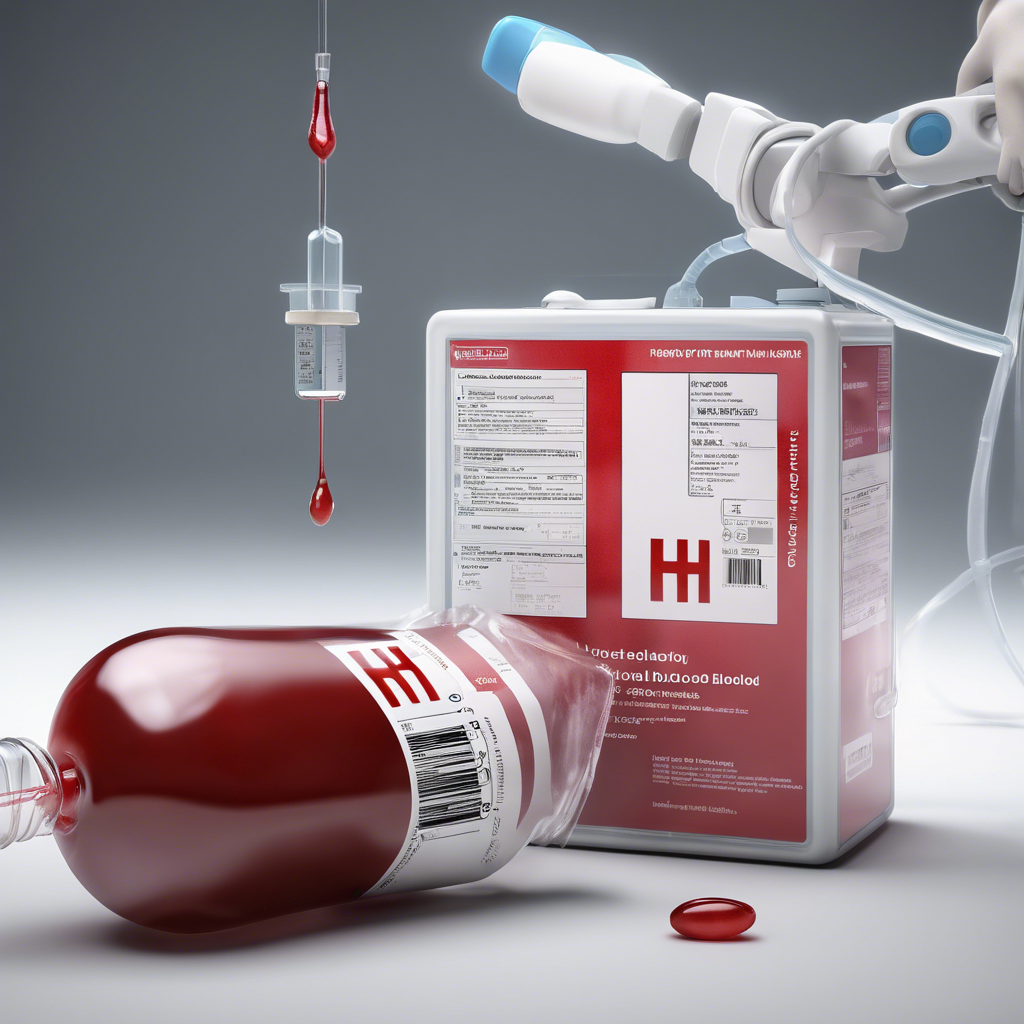What is the rarest blood type?
The Rarity of Blood Types
Blood type is a vital aspect of human health, and knowing one’s blood type can be crucial in medical emergencies. While there are numerous blood types, some are extremely rare, making it challenging for individuals with these types to find compatible donors. In this article, we will delve into the rarity of blood types, exploring the different types, their characteristics, and what makes some so rare.
Understanding Blood Types
Human blood is classified into four main blood groups: A, B, AB, and O. These groups are further divided into positive and negative subcategories, depending on the presence or absence of the Rh antigen. This antigen is a protein found on red blood cells, and people who have it are considered to have a positive blood type, while those who do not have it are considered to have a negative blood type.
ABO Blood Groups
The ABO blood group system is the most important in transfusion medicine. The four main ABO blood groups are:
- A: This blood type has the A antigen on red blood cells and is found in approximately 34% of the population.
- B: This blood type has the B antigen on red blood cells and is found in about 21% of the population.
- AB: This blood type has both the A and B antigens on red blood cells and is found in around 7% of the population.
- O: This blood type has neither the A nor the B antigen on red blood cells and is found in approximately 38% of the population.
Rh Blood Types
The Rh blood type system is also essential in transfusion medicine. The two main Rh blood types are:
- Rh positive (Rh+): This blood type has the Rh antigen on red blood cells and is found in around 83% of the population.
- Rh negative (Rh-): This blood type does not have the Rh antigen on red blood cells and is found in approximately 17% of the population.
The Rarest Blood Type
The rarest blood type is Rh-Null, also known as “Bombay blood.” This blood type lacks all Rh antigens on red blood cells and is extremely rare, occurring in less than 1 in 100,000 people. Rh-Null individuals are considered “universal donors,” meaning their blood can be transfused to people with any other blood type. However, finding compatible blood for an Rh-Null individual is extremely challenging due to its rarity.
Other rare blood types include:
- AhNull: A rare blood type that lacks the A antigen and the Rh antigens.
- BhNull: A rare blood type that lacks the B antigen and the Rh antigens.
- hh: A rare blood type that lacks the A and B antigens on red blood cells.
Challenges of Rare Blood Types
Individuals with rare blood types face significant challenges when it comes to transfusions. Due to the rarity of their blood type, finding compatible donors can be extremely difficult. In some cases, blood types are so rare that there are only a few people worldwide who have the same type. This highlights the importance of blood donation and the need for universal donors who can provide blood to individuals with rare blood types.
Conclusion
In conclusion, blood type rarity can significantly impact an individual’s access to compatible blood for transfusions. While the average person may not need to worry about their blood type, individuals with rare blood types must be aware of the challenges they may face and the importance of finding compatible donors.














Post Comment